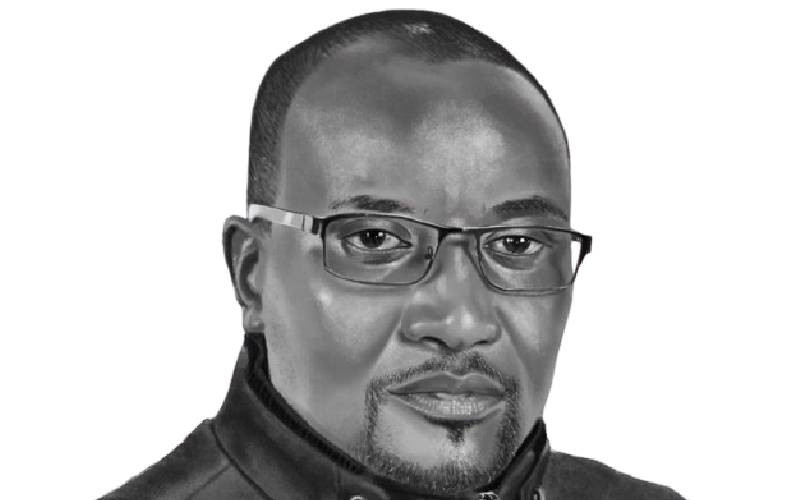×
The Standard e-Paper
Kenya’s Boldest Voice

Isn't it time the political leadership be handed over to young leaders? In the wisdom of Kim Stanley Robinson, an American science fiction writer, "There is always resistance [among men], always a drag on the movement toward better things."